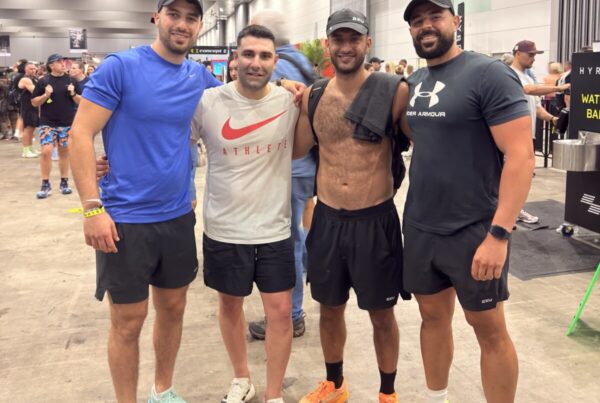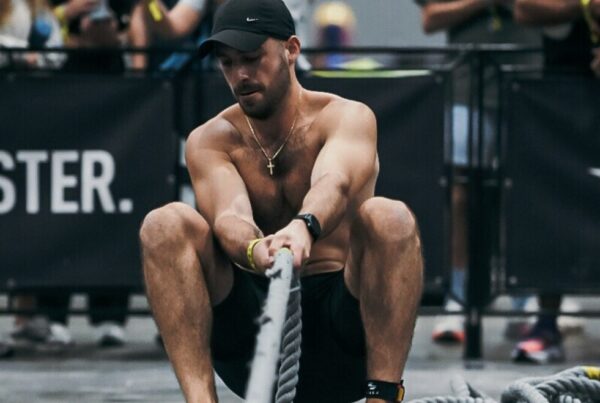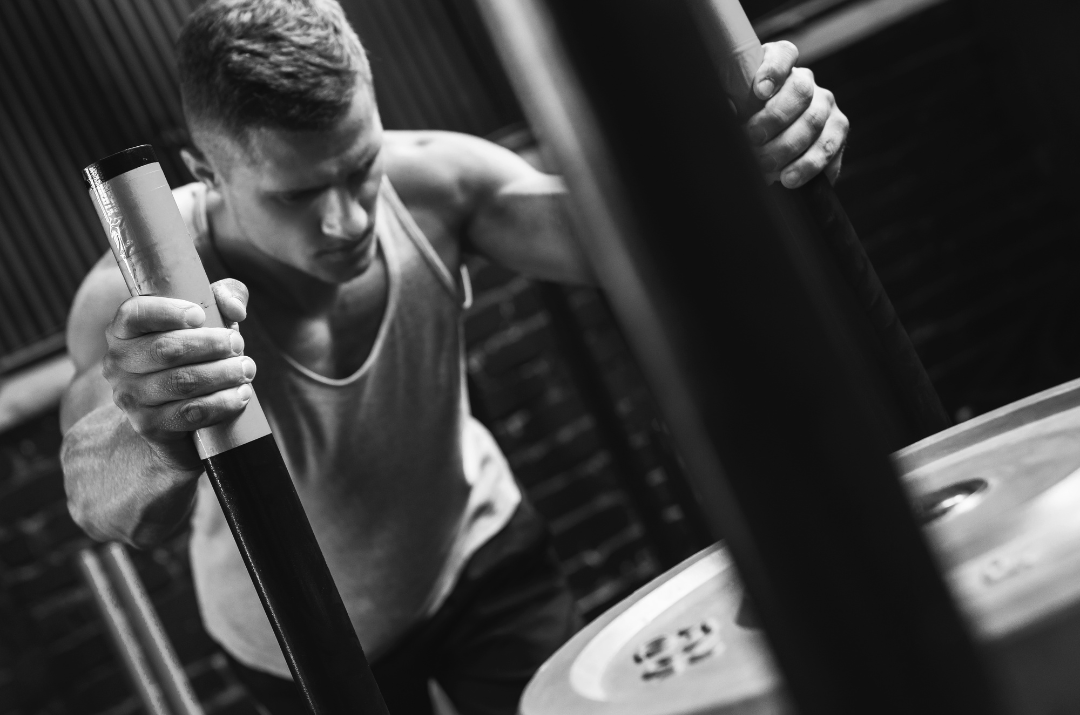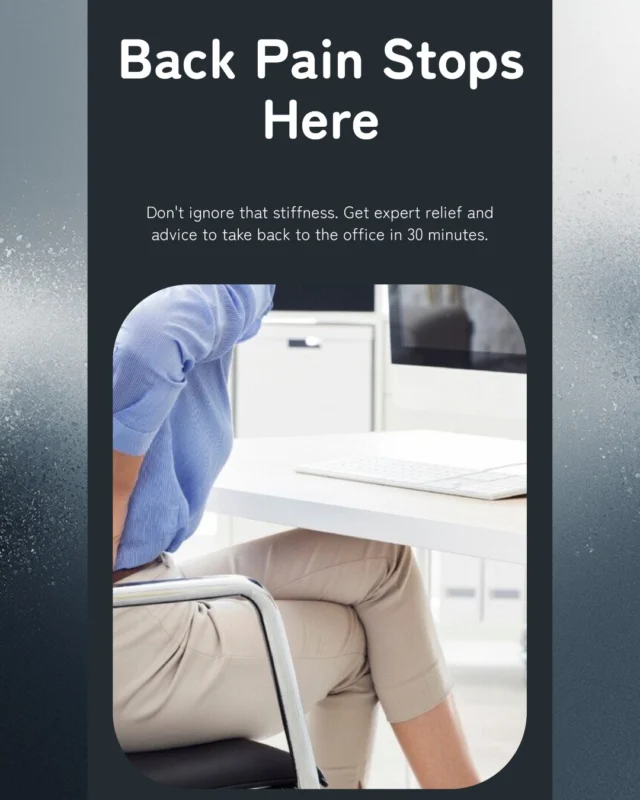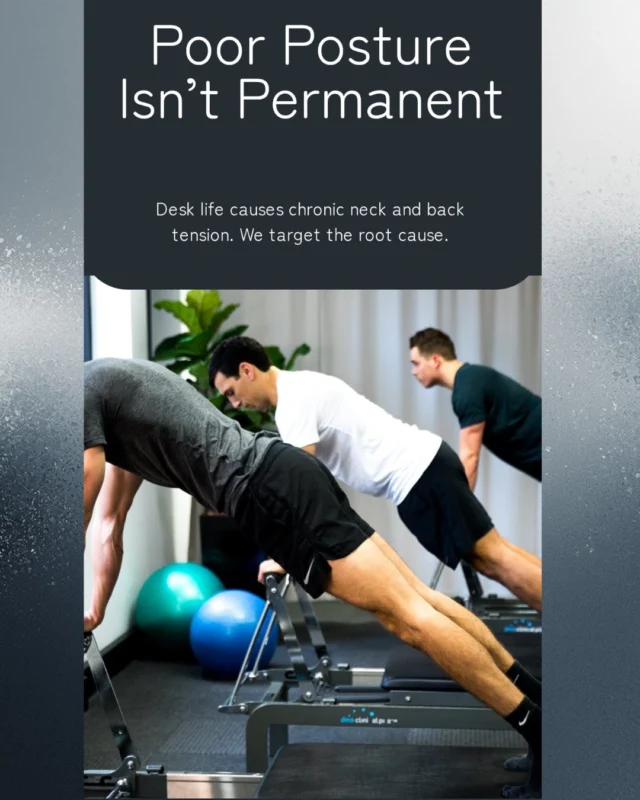What do we mean when we describe people having “Early Extension” in their golf swing?
Well, “early extension” occurs when the hips and spine of a golfer start to straighten up too early, which can be seen when the pelvis moves closer to the ball on the downswing. Early extension causes the upper body to lift up allowing the golfer to maintain their balance. The lower body does not easily rotate through impact, instead it pushes forward and the person stands up.
Players will often complain of being “stuck” or “trapped” with their arms on the downswing, which is a consequence of the lower body moving into the space where the arms need to go. The result can be a block or hook as the hands and arms desperately try to deliver the club to the ball. As a result of early extension, if golfers don’t do anything with their hands through impact they may actually shank some shots because they are closer to the ball than they were at address.
What Causes Early Extension?
Research has shown that any limitation in performing a full overhead deep squat can force a player to early extend during the downswing. These limitations may alter a good address position and force players to change their spinal posture throughout the golf swing.
Internal rotation of the lead hip is vital for allowing the lower body to fully rotate without forward movement toward the golf ball. If the pelvis is unable to rotate around the lead hip due to joint or muscular restrictions then forward and lateral movements will occur.
The ability to separate the upper body from the lower body allows the golfer to maintain stable posture and proper sequence of motion during the swing. Limited thorax-to-pelvis separation is usually caused by reduced spinal mobility and shortened Lat flexibility.
Finally, the ability to stabilise your lower body is directly proportional to gluteal and abdominal strength. A stable, neutral pelvic posture helps prevent the lower body from moving toward the golf ball during the swing.
If you think you are early extending in your golf swing then this is best evaluated by our TPI Physical Screening. So come and see Bonnie (TPI certified) at Bend + Mend in Sydney’s CBD for a Golf Physiotherapy Assessment and TPI Physical Screen.
